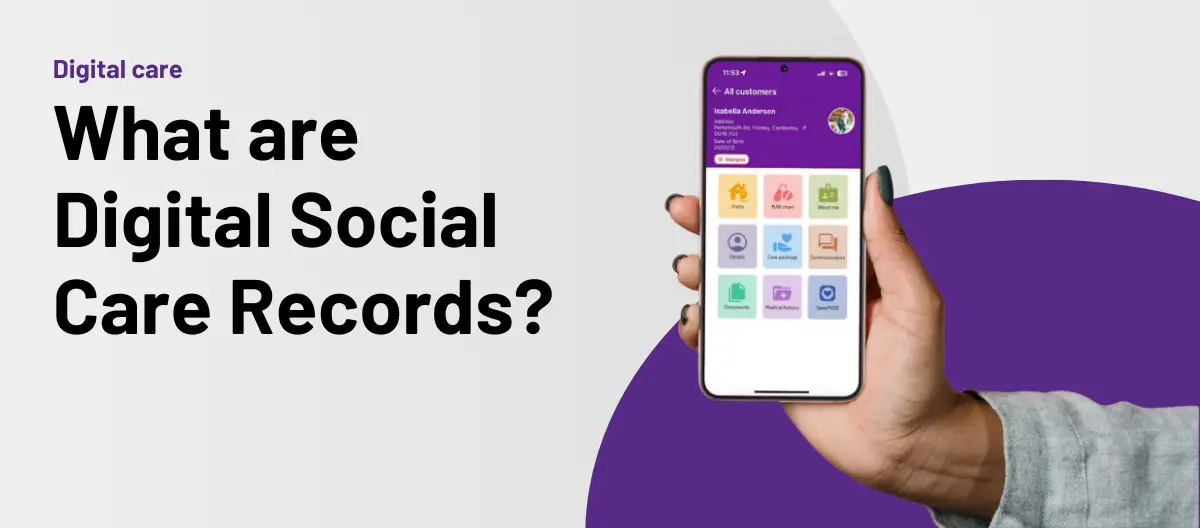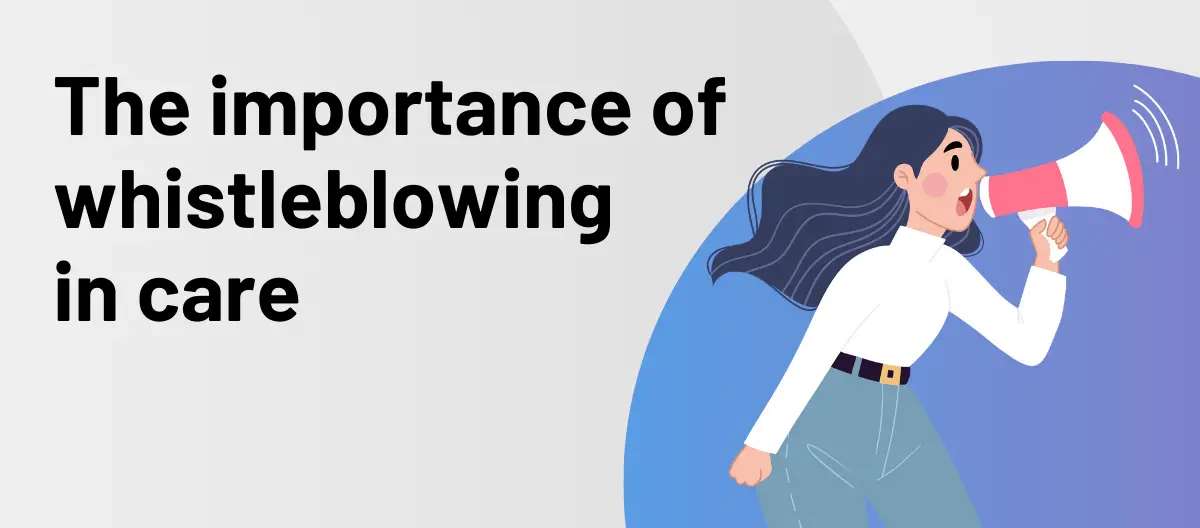Loneliness, I think, is something everyone will come into contact with at some point in their lives. Whether it stems from the quality or quantity of our relationships, we can all relate to that subjective, unwelcome feeling of [the] lack or loss of companionship’.[1]
This June, Loneliness Minister (a post introduced at the beginning of 2018) Mims Davies launched the ‘Let’s Talk Loneliness’ campaign to address the (over) 9 million British people who always or often feel lonely in the UK. This comes after research showed that 74% of people experiencing loneliness did not tell anyone despite most having someone close, they could have told.[2] This blog aims to join the national conversation to raise awareness and reduce the stigma surrounding loneliness: one of the goals stated in the government’s first strategy for tackling loneliness in October 2018.
In an influential report by the British Red Cross and Co-op, Young adults (72%) and people living in urban areas (61%) were found to be the groups most likely to suffer from loneliness. However, the Campaign to End Loneliness’ survey concludes that over three quarters of over-65s would find it hard to admit to feeling lonely as they do not want to be a burden, so it is difficult to get an accurate picture. The Office of National Statistics found that over half of all people aged 75 and over live alone, and according to Age UK two fifths of older people say that television is their main company. Furthermore, 17% of older people are in contact with family, friends and neighbours less than once a week and 11% are in contact less than once a month.[3] So it appears that loneliness could be affecting far more people than research suggests, especially in the older population. But what are the effects?
Experiencing loneliness is said to be as harmful as smoking 15 cigarettes a day.[4] Loneliness may have physical effects, like elevated systolic blood pressure, and a higher level of interleukin-6 (which has been linked to Alzheimer’s, osteoporosis, rheumatoid arthritis, cardiovascular disease and some forms of cancer) than the lower level related to social well-being.[5] In fact, one study concludes that lonely people have a 64% increased chance of developing clinical dementia, and it is thought that, overall, loneliness increases the likelihood of mortality by 26%.[6] Health-wise, preventing and alleviating loneliness is therefore vital to enable older people to remain as independent as possible.
However, loneliness also leads to another drain on our already tight budget for Health and Social Care: an increased number of unnecessary visits to medical practitioners. In a government survey, three quarters of GPs said they were seeing between 1-5 people a day suffering with loneliness, and a separate study shows that lonely individuals are more likely to use accident and emergency services independent of chronic illness.[1]
There have been reductions in adult social care funding (7 Billion since 2010), numbers of district nurses (45% since 2010), GPs, and government grants for public health. This, along with the increase in demand for services due to demographic changes makes effective solutions vital.[2] To cope, ADASS state that “œprevention and early intervention and engaging people with their communities is one of the most important savings areas”¦enabling a reduction in demand for long-term health and social care”.[3]
So, if loneliness has such a dramatic effect on health, affects such a large part of the population and takes up valuable time in an already strained health and social care system, preventative measures against loneliness could have significant (and necessary) results. In fact, it could also help keep our unpaid carers healthier, and therefore reduce the strain even further, as one study suggests that loneliness affects 32% of employees juggling work and care.[4]
As we have seen through their 2018 Strategy, implementation of a Loneliness Minister, and campaign launches, the government clearly see its effects, and are moving to tackle loneliness. An example of one effort is social prescribing (linking patients with community workers), which all GPs in England will be able to do by 2023. So far, research has found an average of 28% fewer GP consultations and 24% fewer attendances at A&E in instances where the social prescribing connector service was working well.[5] So, clearly, tackling loneliness can help to reduce pressure on the healthcare sector.
But we can’t expect the Government to do all of the work. Whatever campaigns or programmes exist, they need backing and public discussion to have the most impact. In the next few blogs we will be discussing a few live-in and non live-in programmes that help to prevent and address loneliness, specifically with the aim to prevent deterioration of health of older people. I believe that this focus on the extent of the impact of loneliness highlights the need for strong community networks, which are lacking in a lot of ways today. And I think that we have a shared responsibility to find solutions to these health and social care problems – at the end of the day we are all going to age – so it’s in everyone’s interests to find out how to do it well!
By Katherine Maule
[1] https://www.gov.uk/government/publications/a-connected-society-a-strategy-for-tackling-loneliness; (Geller, Janson, McGovern and Valdini, 1999) on https://www.campaigntoendloneliness.org/threat-to-health/
[2] https://www.adass.org.uk/adass-budget-survey-2019
[3] Ibid p.8
[4] Jo Cox Campaign
[5] https://www.gov.uk/government/publications/a-connected-society-a-strategy-for-tackling-loneliness
[1] Perlman and Peplau and used by Campaign to end loneliness and Jo Cox Commission: (From Loneliness Strategy)
[2] https://www.redcross.org.uk/-/media/documents/about-us/research-publications/health-social-care-and-support/co-op-trapped-in-a-bubble-report.pdf
[3] (Victor et al, 2003); https://www.campaigntoendloneliness.org/threat-to-health/
[4] (Holt-Lunstad, 2015); https://www.campaigntoendloneliness.org/threat-to-health/
[5] https://www.nia.nih.gov/about/living-long-well-21st-century-strategic-directions-research-aging/research-suggests-positive
[6] (Holwerda et al, 2012) https://www.campaigntoendloneliness.org/threat-to-health/




